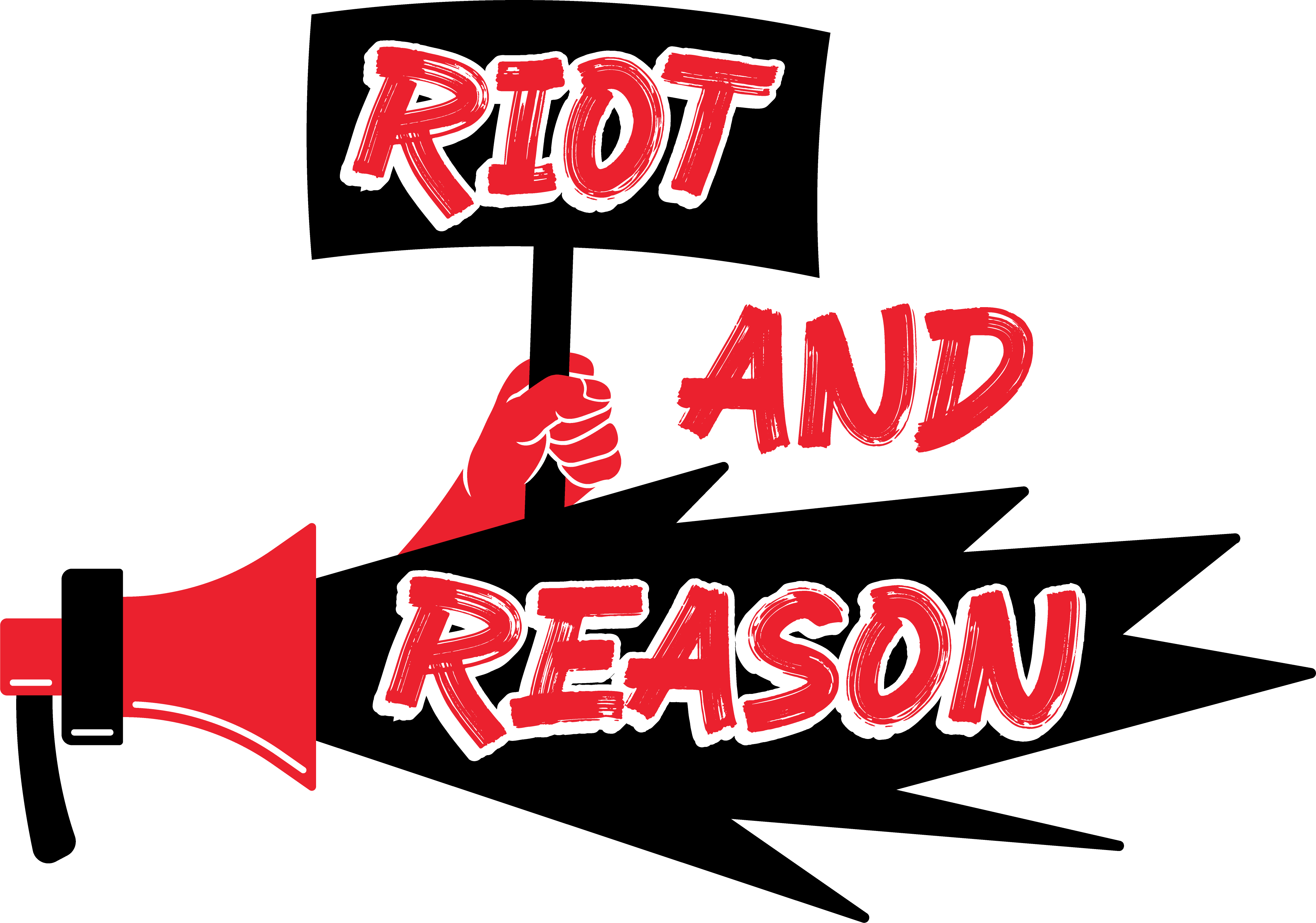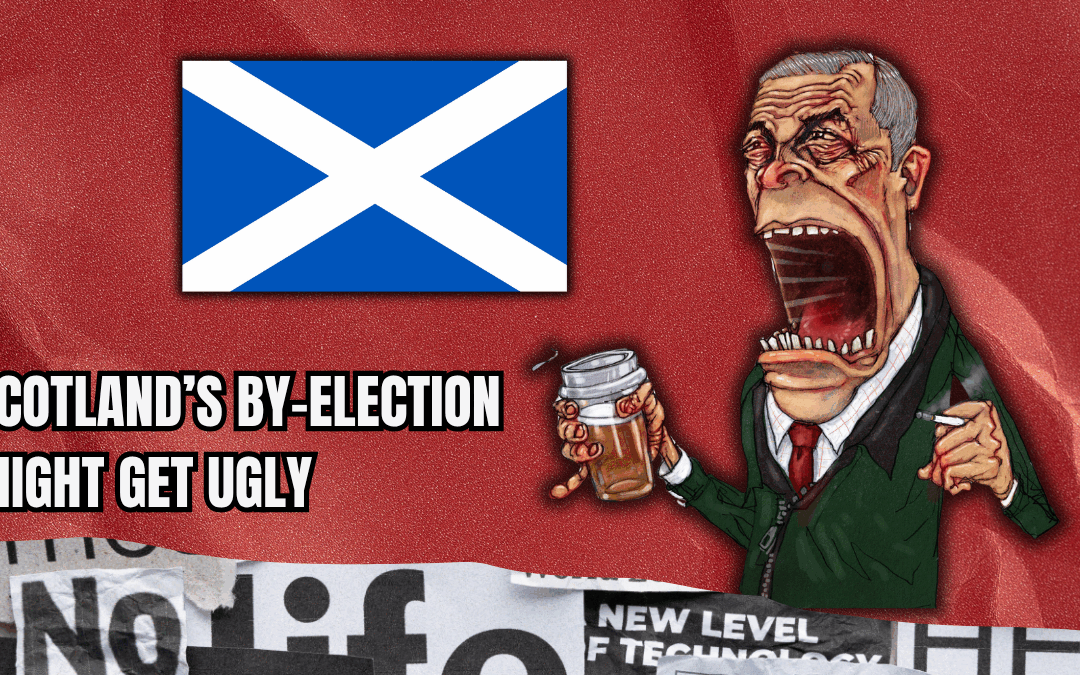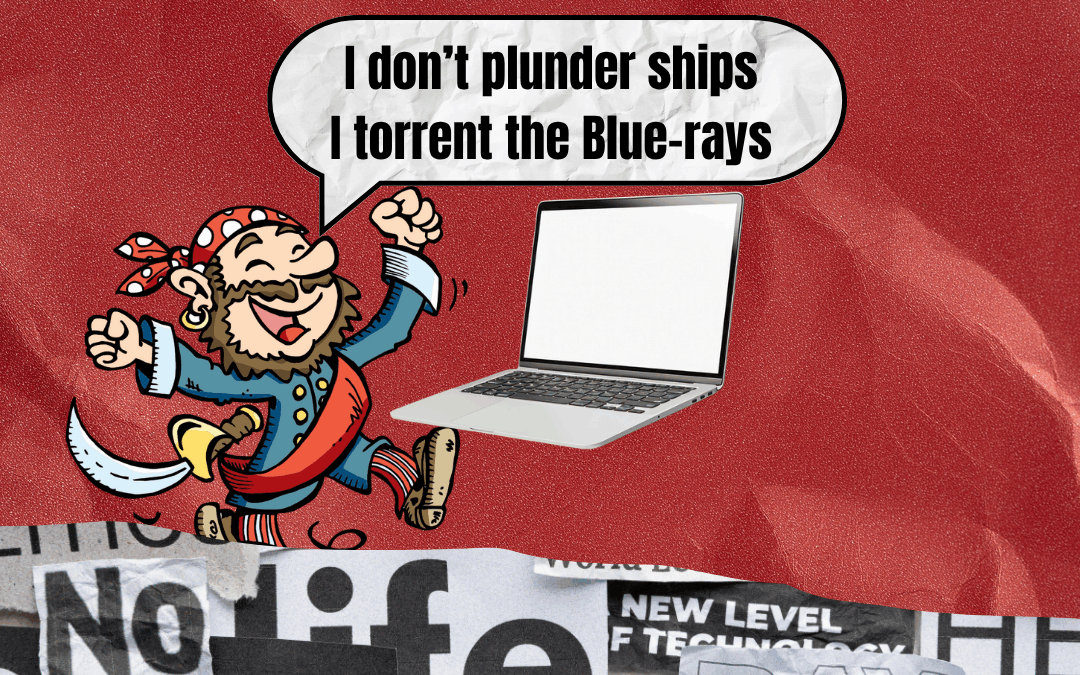
It’s one of the nation’s favourite political podcasts but the messy legacies of it’s hosts make it hard to love.
With 1.2 million monthly views and millions of listeners ‘The Rest is Politics’ has proven to be one of the UK’s most popular podcasts but as I find myself chuckling and immersed in these former MPs’ discussions, I am suddenly reminded and forced to reconcile with Allister Campbell’s involvement in the Iraq war and Rory’s Tory past.
Episodes consist of the pair of former MPs, Allister Campbell and Rory Stewart riffing and discussing the latest in public affairs both domestic and international and I generally find their insights fascinating and their report a great watch. They know their stuff but while I’m immersed in one of their back and forths about whatever current affairs debacle, I’m eventually reminded of all the things the pair were responsible for.
Lasting from 2003 up until 2011 the Iraq war was a conflict based on the pretence that Saddam Hussein and the Iraqi military possessed weapons of mass destruction. Weapons that were never found. The labour government at the time played a huge part in the Western invasions. Campbell was Tony Blair’s director of communications at the time and still claims, to this day, they did not lie about Iraq but were simply misinformed. Well, this misinformation led to around 461,000 people dying across the conflict. The Chilcot inquiry cleared Campbell of any wrongdoing but do we just pass it off as a mistake and never bring it up again.
Eton educated, failed mayor of London and alleged spy adjacent, Rory Stewart served as a Tory minister from 2010 to 2011 and although he was a brighter spot in those years of Tory austerity, he was still part of governments that have left the country in such a state. His voting record isn’t clean either and more than once he towed the same party line that perpetuated the very inequalities he’s supposedly against. He served in Foreign Office in the Middle East during the invasion of Iraq and was initially supportive of it, but he’s stated that his experiences quickly changed his mind and has since heavily critiqued the whole invasion of Iraq, which makes it all the weirder to go and start a podcast with one of the wars architects.
What’s strange, then, is how The Rest is Politics handles these pasts: with a gentle chuckle, a passing mention, or a bit of strategic self-deprecation. When your worst decisions become amusing anecdotes or points of mild disagreement, you risk transforming serious political failures into charming background noise. That may be a position you can take when you are above it all, but not for those living through and feeling the brunt of the consequences from politician’s decisions.
As a viewer, it’s difficult to reconcile my enjoyment of the show with the decisions they have made in the past. But is that fair of me? Probably not, because as rare as it is people can change, and if their views have shifted, what’s the issue? And if their current positions seem more palatable than their past ones, maybe that says something about growth—or at least regret.
Maybe the real purpose of The Rest is Politics isn’t just to discuss the headlines, but to humanise the people who used to be at the heart of them. To show that politicians are, in fact, people—with flaws, regrets, and just enough charisma to win us back, one podcast at a time.
Or maybe it’s just great PR. Again.






